Introduction
Real estate investment is one of the most lucrative investment opportunities available in Nigeria which guarantees high returns and long-term security. However, with the increasing rate of land scams and disputes, the verification of the genuineness of land titles becomes not an option but a necessity.
Since land sales fraud, incorrect documentation, and disputes over ownership are very high in Nigeria, the verification of a title will be essential in safeguarding your investment. This article provides relevant and practical ideas that will assist property seekers and investors in navigating through the labyrinth called land title verification in Nigeria.
Why Land Titles Verification is Key in Nigeria
A Growing Concern: Land Fraud in Nigeria
The act of fraudulent sale of lands, especially in urban towns such as Lagos, Abuja, and Port Harcourt, has made verification to become essential. Unsuspecting buyers, in many instances, are hoodwinked by fake documents and also properties that are sold to several people.
How Title Verification Can Benefit You
- Authenticating documents prevents fraud and protects you from being scammed.
- Ensures the legality of the property is in tandem with the laws of Nigeria, including the Land Use Act.
- It helps avoid communal and government disputes, ensuring that the property is not subject to traditional claims or government acquisition.
Step-by-Step Guide to Verifying Land Titles in Nigeria
1. Check Key Title Documents
Before making any commitments, request and thoroughly inspect the following documents:
- Certificate of Occupancy (C of O): Indicates government approval of the land.
- Deed of Assignment: Details the transfer of ownership between the seller and the previous owner.
- Governor’s Consent: Required for any subsequent land transactions.
- Excision and Gazette: For communal lands, verify that they’ve been legally excised.
Pro Tip: Be cautious of sellers unwilling to provide these documents; they’re likely hiding something.
2. Conduct a Title Search at the Land Registry
Why This Matters: The registry provides the most authoritative records of land ownership.
How to Do It:
- Visit the State Land Registry where the property is located.
- Submit the title documents and pay the search fee.
- Confirm ownership details, validity, and whether the land is encumbered (e.g., under government acquisition).
3. Verify Excision and Gazette
- Excision: Ensure communal or family land has been excised, legally allowing private ownership.
- Gazette: Verify the land is listed in the official government document.
Unexcised land remains under government control, posing a significant risk to buyers.
4. Validate the Survey Plan
- Visit the Office of the Surveyor General in the relevant state.
- Confirm the survey plan matches the actual location.
- The land should not be in a “committed area” meant for public projects.
Pro Tip: For Lagos properties, go online to verify the survey plan using the Lagos e-GIS platform.
5. Consult Local Authorities
- Local Governments: Verify that there are no traditional disputes to the land.
- Town Planning Authorities: Make sure that the property’s zoning will accommodate your intended use, whether residential or commercial.
6. Engage a Real Estate Lawyer
Hiring a professional lawyer with expertise in Nigerian property law is non-negotiable. They can:
- Conduct due diligence on all documents.
- Verify seller credibility.
- Ensure compliance with the Land Use Act to avoid legal complications.
Practical Red Flags in Nigerian Real Estate
- Scammers forge documents, most especially C of O.
- Lands that are sold way below their current market value.
- Communal lands sold without excision.
- Unregistered Lands: Those not listed at the State Land Registry.
How to Use Technology in Land Title Verification
Nigerian Online Platforms for Verification
Some states have now provided digital facilities that make verification easy:
- Lagos e-GIS: Verify the ownership and survey details of properties.
- Ogun OPIC Portal: Smoothening land title verification.
- Kaduna Geographic Information Service-KADGIS: Property records are accessible online.
MyPlace.ng Commitment to Authentic Real Estate Listings
While MyPlace.ng works diligently to ensure the authenticity of listings, it’s important to understand that verifying every single listing may not be possible. However, we take listing integrity very seriously. We partner only with authentic real estate professionals who commit to upholding the authenticity of their listings. Maintaining a record of genuine properties is a requirement for real estate professionals to access and use MyPlace.ng platform.
Conclusion: Safeguard Your Investment Through Land Title Verification
By following the steps outlined in this guide and remaining vigilant throughout the process, you can significantly reduce the risk of fraudulent land transactions in Nigeria. Remember, land is a valuable asset, and thorough verification is essential to protect your investment. Don’t hesitate to seek professional guidance from a lawyer specializing in real estate law. With a verified Title and legal advice from an expert, you can confidently embark on your Nigerian real estate journey.
Additional Tips
- Maintain copies of all documents for future reference.
- Consider Title insurance for added protection against unforeseen issues.
At MyPlace.ng, we understand the importance of peace of mind during your property search. While we prioritize featuring genuine listings, we recommend you conduct your own land Title verification for an extra layer of security. Our platform connects you with verified real estate professionals who share our commitment to transparency and integrity. Let MyPlace.ng be your trusted partner in finding your dream property in Nigeria.



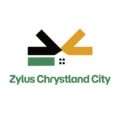
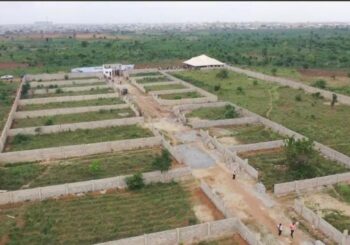

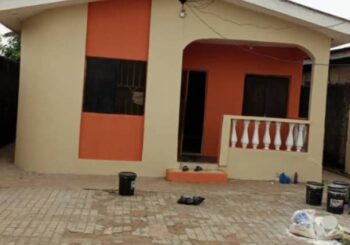

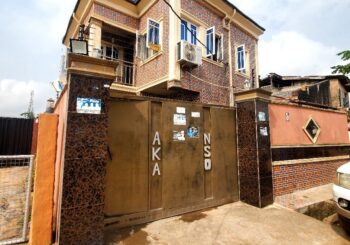
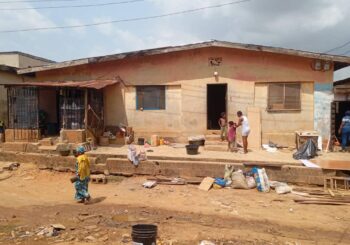
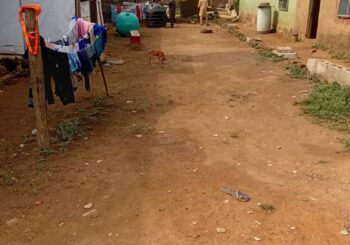
Leave Your Comment